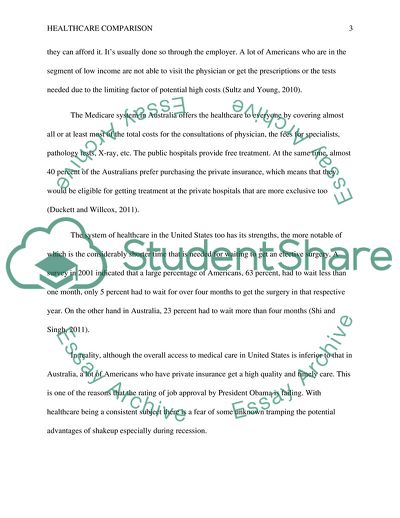Cite this document
(Health Status and Health Care Services in Australia Term Paper, n.d.)
Health Status and Health Care Services in Australia Term Paper. https://studentshare.org/medical-science/1781826-health-status-and-health-care-services-in-australia
Health Status and Health Care Services in Australia Term Paper. https://studentshare.org/medical-science/1781826-health-status-and-health-care-services-in-australia
(Health Status and Health Care Services in Australia Term Paper)
Health Status and Health Care Services in Australia Term Paper. https://studentshare.org/medical-science/1781826-health-status-and-health-care-services-in-australia.
Health Status and Health Care Services in Australia Term Paper. https://studentshare.org/medical-science/1781826-health-status-and-health-care-services-in-australia.
“Health Status and Health Care Services in Australia Term Paper”. https://studentshare.org/medical-science/1781826-health-status-and-health-care-services-in-australia.


